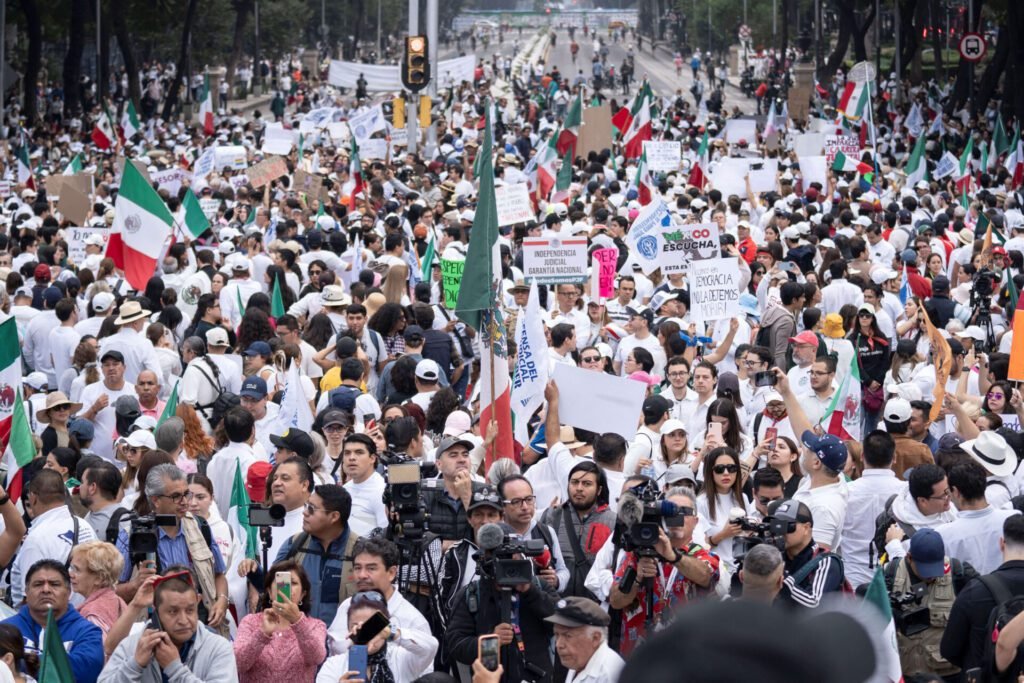Mexico’s judicial reform bill has cleared a major hurdle, passing the lower chamber with 359 votes in favor and 135 against. The bill, championed by President Andrés Manuel López Obrador, aims to change how judges are selected. Supreme Court justices are nominated by the president and approved by senators. Under the new system, justices will be elected by popular vote.
Proponents argue this will make judges more accountable to the people. However, critics warn it could expose them to influence from powerful local figures, including those tied to organized crime. They also argue the reform doesn’t address key issues like impunity and underfunding.
The bill’s passage has sparked strikes by judicial workers and demonstrations across Mexico. Supreme Court justices have joined the protests, halting work opposing the planned measures. Despite this, the governing Morena party pushed the bill through the lower house, where it holds a two-thirds majority.
The reform will now head to the Senate, where Morena is just one vote shy of a two-thirds majority. President López Obrador is eager to see the bill approved before his term ends on September 30. His party’s landslide victory in June’s general election has encouraged him to push through the reform.
However, international criticism has mounted. The US and Canadian ambassadors are concerned that electing judges could risk Mexico’s democracy. President López Obrador has bristled at their remarks, pausing relations with the countries and asserting Mexico’s sovereignty.
As the bill advances, tensions are running high. Supporters argue it’s a necessary step to hold judges accountable, while opponents see it as a power grab that undermines Mexico’s system of checks and balances. The outcome of the Senate will be crucial in determining the future of Mexico’s judicial system.









